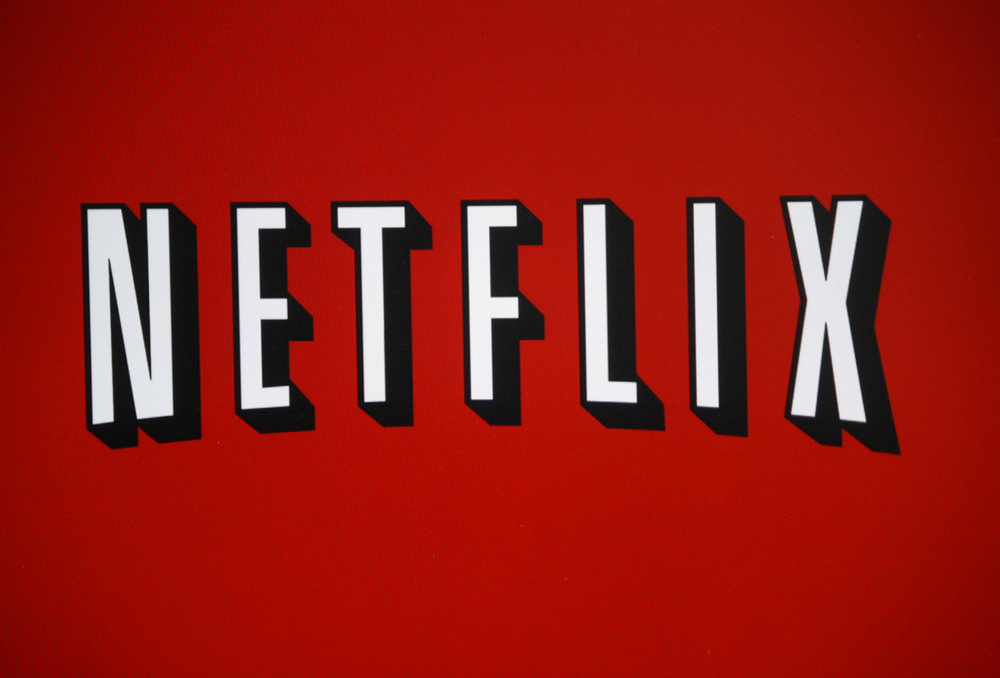Netflix CFO: ‘Sure Would Be Nice to Have Bitcoin’ Payments

Bitcoin – a decentralized, truly global currency. Netflix – a streaming platform that just went global. Do both stand to gain by coming together?
One of the biggest stories of the 2016, so far, is Netflix’s global expansion that saw the streaming service reach a 130 new countries . The new rollout now sees Netflix beaming to a total of 190 countries, worldwide.
It’s a significant move. Millennial pirates the world over, those who were too young or unemployed to pay at one time, may now see Netflix as a good package deal, with the company’s extensive library and its much acclaimed and popular original programming. Global piracy is likely to see a fall due to Netflix that’s now available on computers, mobile devices, consoles and media streamers at a competitive price.
Credit Card Woes
Netflix currently accepts two modes of payment – credit cards and PayPal. While this doesn’t pose a hurdle in countries such as the United States or Australia, developing countries around the world haven’t entirely adopted credit cards. Even if they had bank cards (debit cards), local regulators impose restrictions –primarily for security reasons—that curb the use of debit cards for international transactions.
India is a prime example. The country has over a billion people and 356 million of those are between the ages of 10-24. This stat makes India the country with the world’s largest youth population . One in five Indian citizens already own a smartphone and India is on course to reach 314 million mobile internet users in 2017. That’s a huge market for Netflix and they know it.
However, credit card penetration in the country is a fraction of the entire population, at just under 21 million toward the end of 2014-15. That’s 21 million credit card users, predominantly over the age of 35, in a country of 1.2 billion.
Uber, a phenomenon much like Netflix, faced these hurdles when entering the Indian market. India’s central bank, the Reserve Bank of India (RBI) enforced restrictions that significantly stifled the use of bank cards on international payment gateways. A mandate from the RBI forced Card Not Present (CNP) transactions or automatic charges levied on customers to introduce a second, verification step that authenticates a payment before it is completed. In other words, the RBI mandated two-factor authentication on the entire country.
Furthermore, at the time, Uber only accepted credit cards, upon its foray into the Indian market.
In August 2015, Uber received a do-or-die deadline from the RBI. Enforce a new two-step verification system (two-factor authentication or 2FA) or face a ban.
Soon enough, Uber partnered with an Indian payment gateway that facilitates bank or debit cards. Now, Uber operates in India in more cities than any other country outside the United States and is thriving in a fiercely competitive market.
Bitcoin Adoption
While Netflix accepts payments in some local currencies, countries with restrictions on card purchases, like India, is likely to face questions from regional regulators or its own investors, when subscriber numbers aren’t growing quite as expected.
Netflix CFO David Wells was asked about Bitcoin as a possible solution for the above-stated concerns, during a Q&A recently.
As reported by Investors, Wells replied:
Payments are becoming more of a global world. You still have central banks. We’ll see where we go from here in the next 10, 15 years. Countries still want to hold onto their monetary policy.
But, it sure would be nice to have bitcoin in terms of a global currency that you could use globally.
As things stand, Bitcoin isn’t devised for recurring payments. Nor is it refundable. However, it may still prove to be the key to signing up more subscribers. In their millions. Just like Bitcoin would gain, if millions from around the world adopted it.
“You have to authenticate, you have to make sure you have the right person, the right bank account,” Wells said.
He added, “…but you don’t want to run people through a 20-step process, because that’s not going to work.”
Featured image from Shutterstock.